How I became a woman in science — and piloted a virtual externship at Monterey Bay Aquarium. Spoiler alert: I didn't do it alone.
A scholarship program introduced me to experiences that, as a Hispanic woman pursuing a degree in science, I never thought I would have. Most importantly, I received the experience of mentorship.
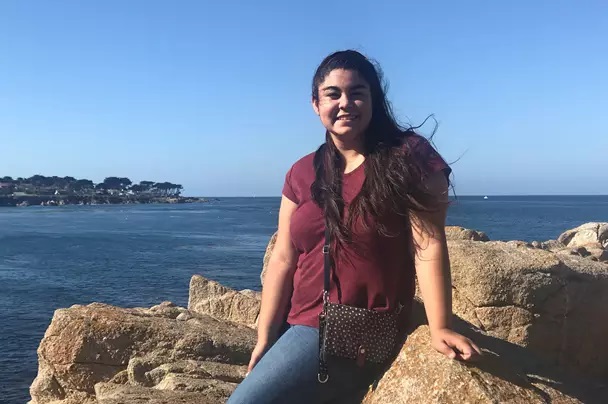
This story was written by 2019 EPP/MSI scholar Jezella Peraza and was originally shared offsite link by Monterey Bay Aquarium offsite link. It is reprinted here with permission.
Throughout my upbringing, every holiday my family would take mini vacations to Punta Estrella, a campsite south of San Felipe, in Baja California, Mexico — about three hours from my hometown in El Centro, California. We would enjoy my dad’s mariachi music as we drove alongside the Gulf of California, looking out the windows at the dusty, brown desert across from a stunning blue-green ocean. I’d gaze at the flatlands that extend for miles and butt up against sheer mountainsides; then, what looked like vast and untamed emptiness was suddenly replaced by a small beach town: our destination, San Felipe.
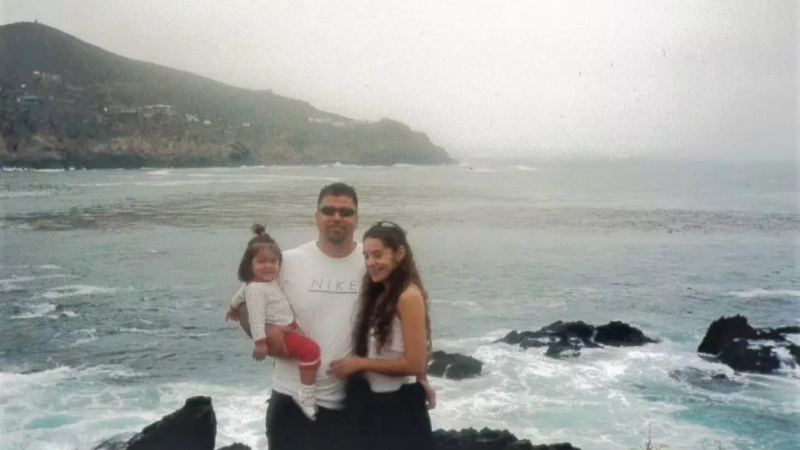
As soon as we arrived, I would jump out of my dad’s black truck, grab my little sister and run to the shore, leaving behind sandy footprints, to build sandcastles and play in the ocean. The sand in my swimsuit, the saltwater in my hair and the sunburn on my cheeks never bothered me; at the end of each day, I knew I never wanted to leave that beautiful place.
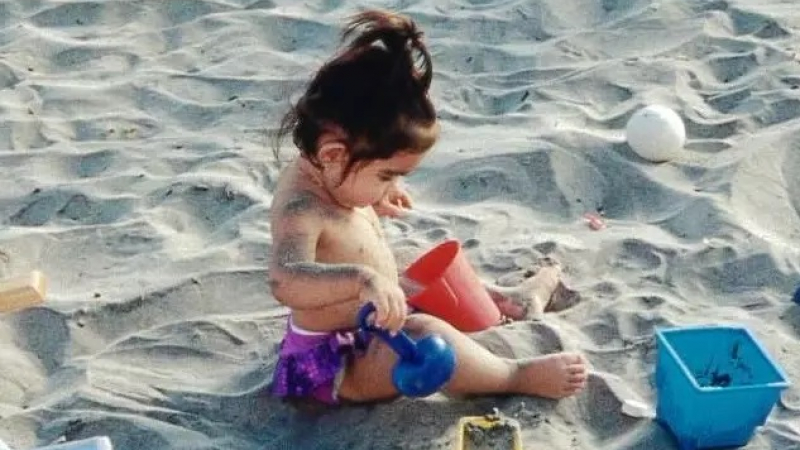
Now I’m a senior at California State University, Monterey Bay, majoring in marine science with a minor in statistics. I’m spending my last year as an undergraduate interning with the National Oceanic and Atmospheric Administration (NOAA) and the Monterey Bay Aquarium. I’m exploring graduate programs as my next steps toward a career as a marine biologist and ecologist whose research emphasizes conservation and restoration.
As I reflect on my journey — from being a kid splashing in the surf of San Felipe to beginning a career as a marine scientist — I realize how important it’s been to have the support and guidance of professionals in science and conservation, especially women.
Mentorship makes a difference
During my sophomore year of college, I was selected as a scholar in NOAA’s Educational Partnership Program with Minority Serving Institutions (EPP/MSI) [Undergraduate Scholarship Program]. My scholarship program introduced me to experiences that, as a Hispanic woman pursuing a degree in science, I never thought I would have. Most importantly, I received the experience of mentorship.
During my first EPP/MSI internship in 2019 at NOAA headquarters in Silver Spring, Maryland, I was introduced to a strong, female leadership team that supported me through the summer. Although I was nervous at first, my mentors made me feel comfortable and accomplished in my research. They allowed me to explore my passion for education and outreach and how it relates to the health of our ocean.
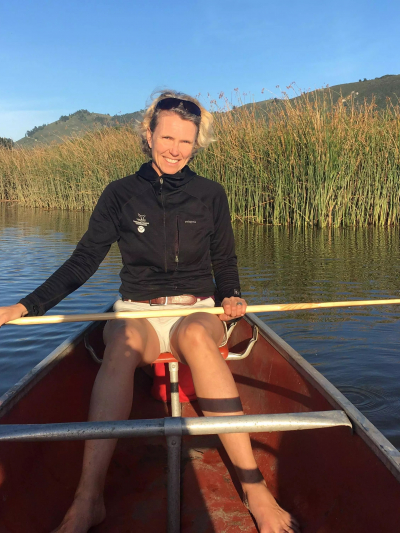
After that internship, my mentors at NOAA introduced me to two women whom I now consider to not only be my mentors but also my friends: Seaberry Nachbar and Naomi Pollack. Seaberry works for NOAA’s Office of National Marine Sanctuaries and Naomi works for the National Marine Sanctuary Foundation offsite link. I took on an internship with Seaberry and Naomi, coordinating a national campaign called Students for Zero Waste Week. It supports students reducing waste on their school campuses and within local communities.
One of my proudest moments during my internship was when I presented to my hometown elementary school about the campaign, the importance of marine ecosystems and what it takes to become an ocean advocate. When I came back to Monterey and told Seaberry and Naomi about the experience, they smiled ear to ear with pride.
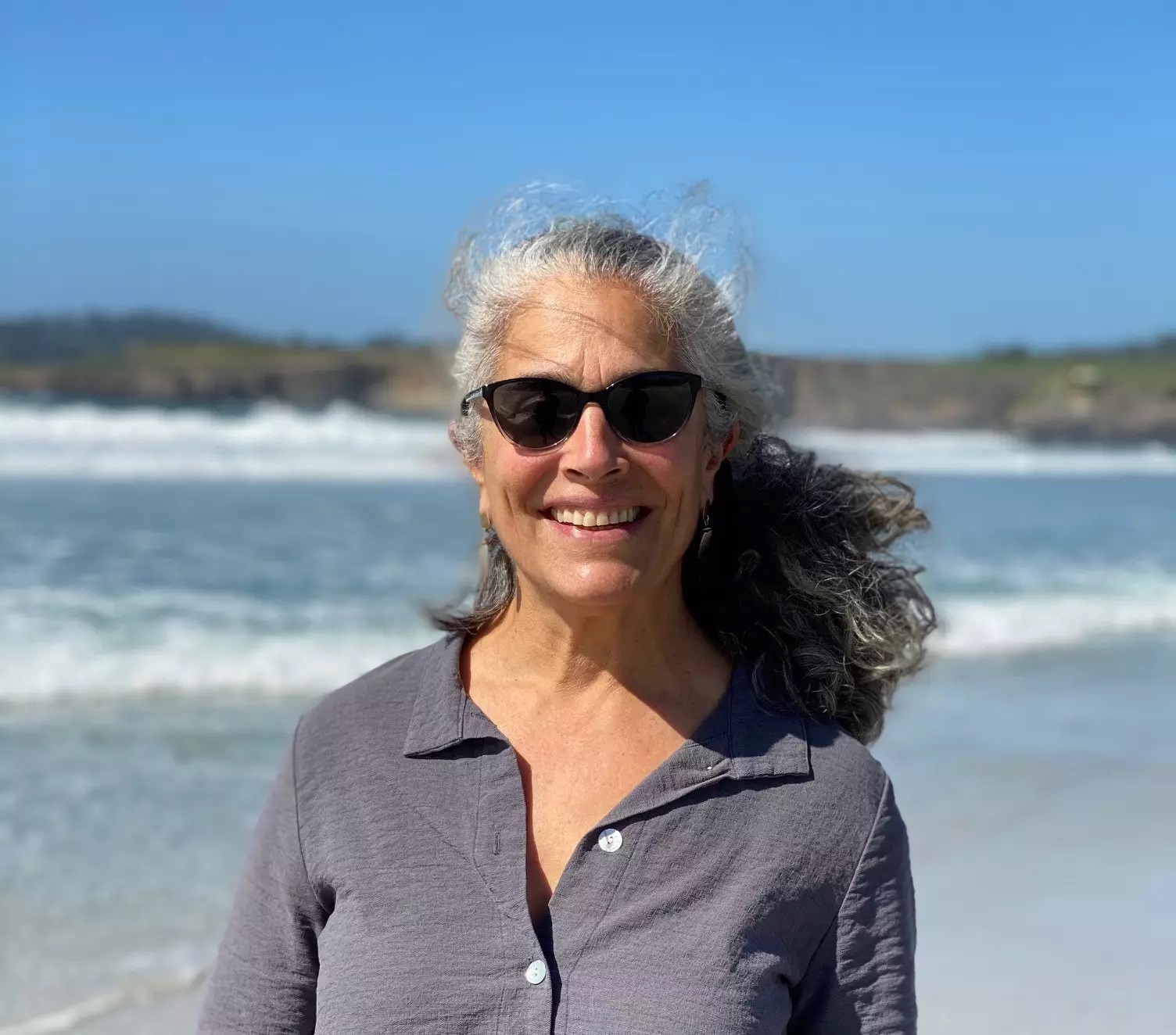
The EPP/MSI program leaders introduced me to the Monterey Bay Aquarium, where I joined the Conservation and Science team as a virtual extern — part of my public service under the NOAA scholarship. The position has provided me with two more female mentors, Margaret Spring and Kera Abraham Panni, who are helping me develop new skills in outreach, policy, content creation and nonprofit organization research. This has expanded my perspective on the opportunities I can pursue as a marine scientist.
Pivoting during a pandemic
A year ago, if you’d ask me what I expected my senior year of college to look like, I would have talked about playing frisbee at the beach every week, going hiking in Big Sur where the forest meets the sun and the ocean, and having study sessions with friends at the library discussing senior projects and our plans after graduation. Instead, I'm working from a laptop at my parent's house in El Centro, in the same bedroom I slept in as a kid — but now, there are no family trips to San Felipe.
Despite COVID-19 interfering with my academics and my life in Monterey, I didn’t let it affect my relationships with my mentors. I’m still meeting regularly with Seaberry and Naomi, just on Zoom instead of in person, and creating new opportunities for NOAA Ocean Guardian schools. In my work with Margaret and Kera, I’m learning about interpersonal and science communication techniques, social media content creation, and how to become a professional advocate — all skills I can build remotely.
If there’s one thing I’ve learned from my journey thus far, it is that mentorship is key — especially from women who are, like me, pursuing careers in the marine and environmental fields.
And when I’m working as a professional marine scientist, I hope to be a Latina mentor for young women pursuing a degree in STEM. Women truly do inspire other women, and I know from my own story that I want to inspire the next generation of female scientists!


